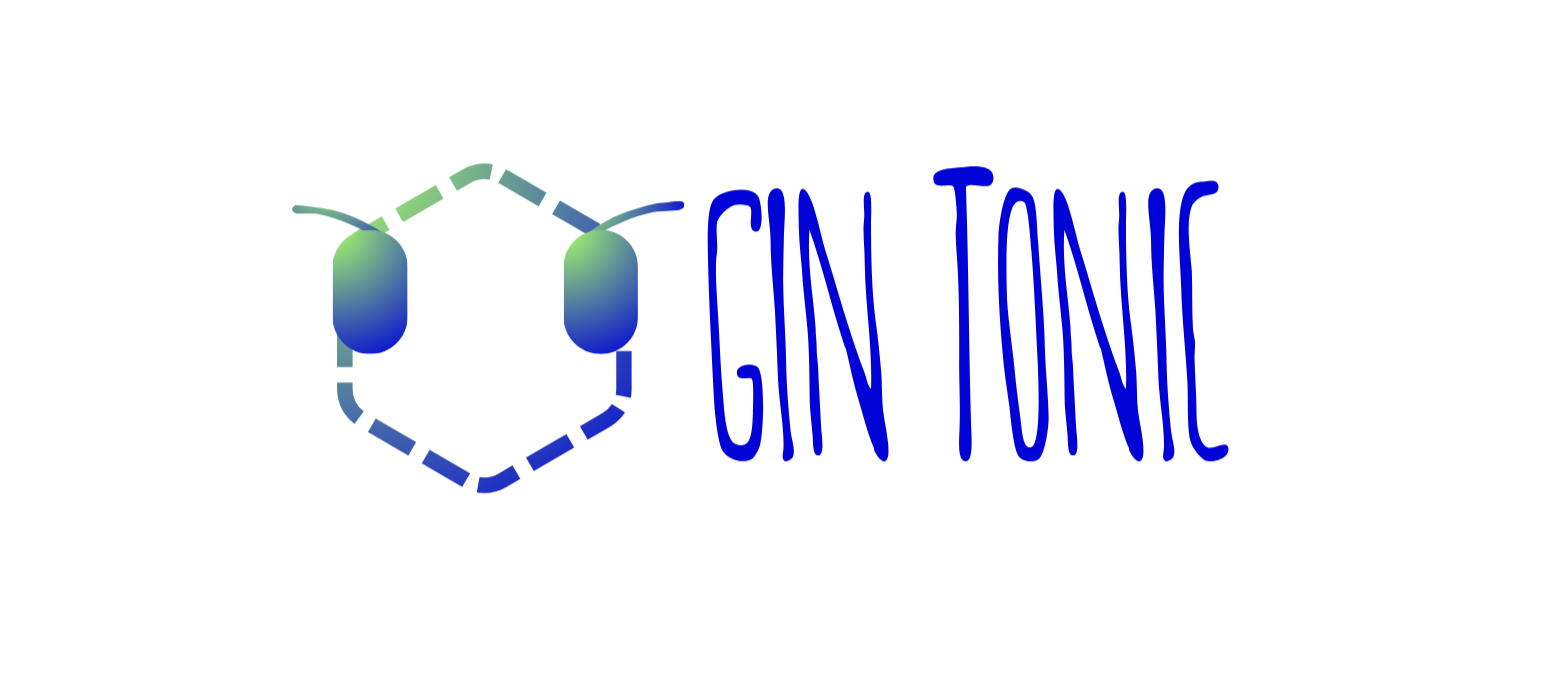WORKING GROUPS
Animal well-being and performance greatly relies on different nutrients. However, nutrient assimilation is firstly influenced by feeding behaviour and then by the digestive system, which is diverse among insects and plays a pivotal role in processing food, digesting macromolecules, and absorbing nutrients for metabolism and growth. Working group 1 will identify: aspects influencing feeding behaviour, digestive physiology, morphology and function, establish parameters for monitoring larval health and development during mass rearing, employ nutritional immunology approaches to modulate systemic immunity through interventions of the diet, leverage genetic and genomic tools to select or produce strains with traits that enhance insect performance on specific substrates, and describe in vitro digestion models capable of predicting outcomes from in vivo feeding experiments. These aspects will be shared with WG1-4 to indicate possible interactions and inform WG5 for the development of materials and methods in insect research. A comparative nutrition workshop translating knowledge from well-studied livestock (e..g poultry, pigs, and aquaculture) and well-studied insect-species, to the focus species within this Action will be organized in the second semester.


The protein and amino acid profiles of feedstocks greatly affect animal development, growth and microbiota. Moreover, some amino acids are essential, while their provision is dependent on the feedstocks used for insect farming. Working group 2 will identify what is known on protein and amino acid requirements for the aforementioned edible insect species, and draft scientific protocols for determining unknown amino acid requirements thereby providing input for WG5. Moreover, WG2 will particularly collaborate with WG1 to better understand protein availability from different feedstocks as found in by-products used as feed.


Carbohydrates and lipids are the two major energy sources. All animals use these macronutrients for growth and survival. Insects use these molecules for molt, flight, migration, diapause, starvation, nutrition of the embryo, synthesis of sex pheromones, cuticular wax, and production of various defensive secretions. Working group 3 will describe the major cell types involved in lipid and carbohydrate metabolism, evaluate the nutritional requirements in terms of quality and quantity for the selected insect species, and establish the key genes involved in lipogenesis and glycogenesis. WG3 will particularly collaborate with WG1 to evaluate the effect of nutrient digestibility and with WG5 to redact the experimental protocols.


Apart from macro- and other micronutrients, vitamins exert a key role in insect development, i.e., being co-factors in important biochemical pathways and contributing to defensive reactions (e.g., serving as antioxidants). Similarly, minerals are known to be involved in various metabolic processes and have multiple functions (e.g., role in muscle function and energy use, insect immunological responses, etc.). Working Group 4 will explore and describe the symptoms associated with vitamin and mineral deficiencies and develop recommendations about the minimum requirements of vitamins and minerals for edible insect species considered in this Action. As with WG2 and WG3, WG4 will contribute knowledge to WG1 and WG5 in terms of digestibility and experimental protocols.


As research on the nutrition of feed- and food-producing insects is growing exponentially, it must be acknowledged that today’s research is not limited in quantity. However, the knowledge generated in research labs is still highly variable and difficult to compare. To some extent, current research may fail in reproducibility because of unstandardized terminology, variable and poorly described experimental setups, improper statistical considerations and analytical methods, and the overall lack of harmonised methods. Working Group 5 will address current challenges and highlight opportunities in insect nutrition research through contributions to the improvement of experimental designs and setups, exploration of (new) tools for nutrient analysis, evaluation and studies on insect metabolism, in close collaboration with WGs 1-4.


The driving force behind the mobility and networking opportunities within our COST Action. The Grand Award is responsible for managing and overseeing the grant awarding process, ensuring transparency, inclusiveness, and alignment with COST's objectives to support researcher mobility and conference participation. Facilitating opportunities for career development and collaboration by coordinating funding for networking activities, promoting the visibility and impact of the Action.

The Event Coordinator is responsible for the strategic planning, coordination, and successful execution of all events under the COST Action framework, including scientific meetings, workshops, training schools, and dissemination activities. This role involves close collaboration with the Action’s Working Groups, Core Group, and host institutions to ensure that every event aligns with the scientific goals and timelines of the Action. The coordinator also manages logistical arrangements, participant communications, and post-event reporting, guaranteeing smooth operations and impactful outcomes that support the network’s growth and visibility.

The GIN-TONIC project aims to transform how we nourish the planet by making insect farming more efficient, sustainable, and circular. The project’s communication team ensures that vital information reaches the right people, at the right time—whether it’s industry professionals searching for next-gen feed solutions, policymakers crafting the future of sustainable agriculture, or everyday citizens. With clear, engaging, and timely communication, we make sure groundbreaking research doesn’t just sit in a report—it gets understood, applied, and even talked about over coffee


Dr. Natalia Naranjo Guevara

Raffaela Schreuers
